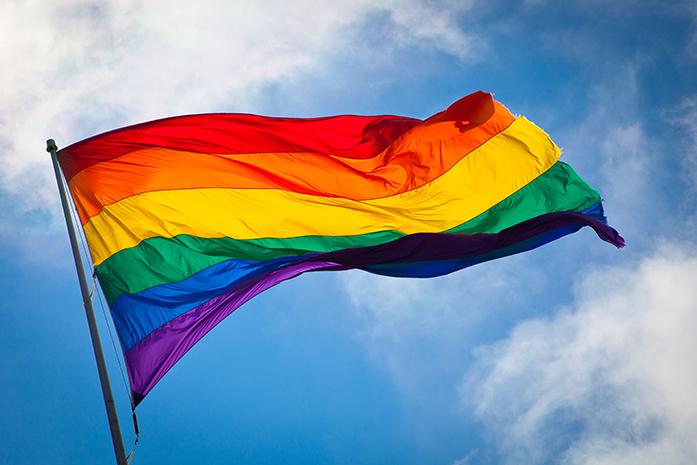North Carolina, Mississippi, and Georgia have recently passed broad and wide-reaching anti-LGBT bills in the still rippling wake of the federal mandate allowing gay marriage. The Mississippi law allows companies and religious institutions to refuse service to gay and trans individuals on the basis of religion. The Georgia bill, resembling the Mississippi bill in almost all facets, has received approval from the Legislature but is waiting on the governor’s signature. The more controversial North Carolina law mandates that people must use the restrooms according to the sex listed on their birth certificates and bans antidiscrimination policies that might be passed in urban centers in the state.
In February, Indiana opted not to vote on a bill that would restore the state’s reputation in the shadow of a national boycott as a result of its abhorrent history of LGBTQ legislation. Rough estimates say the state has approximately $60 million in losses from the boycott, predominately from would-be conferences opting out of using the state as a host.
As Iowans, it our responsibility to ensure our state does not fall into the prejudiced pitfalls of ignorance that those legislators have pushed their states into. Luckily, apart from some bigoted bakers and a threatening letter to the Blazing Saddle (a popular gay bar in Des Moines), recent history has been quite progressive for the LGBTQ struggle in Iowa.
RELATED: Economic growth, sustainable policies not incompatible
Gay couples have had the right to marry in our state years before the issue hit federal courts. And just a few weeks ago, the Legislature passed a law officially deeming transgendered people protected under the state’s hate-crime laws. The bill was passed, 27-21, with all no votes cast by the Republicans. Last year, in a vote cast along party lines, a bill banning gay conversion therapy for minors made it through Iowa’s Senate but stalled in the Republican-controlled House. Now, another bill has been advanced in the Senate that would prevent the practice for those under 18. We’ll see if it has more success this time around.
It seems as if our state may be on the right path, but how do the aforementioned states fare?
The actors seeming to make the biggest effect in the struggle against these discriminatory laws is the newfound activist prowess in companies such as PayPal, which have withdrawn development in North Carolina that will inevitability cost the state’s economy $3.6 million and kill the prospect of 400 new jobs. Although the tactic of progressive businesses holding local economies hostage is a brutal way to sway the implementation of conservative policy, it should not be necessary.
Each state needs the steady and solid implementation of nondiscriminatory policy, guaranteeing the same rights that are shared by heterosexual people across the board. Even in more progressive states such as Iowa, the framework for discrimination is still in place, and it is always a few votes away from regression.
Though states such as North Carolina, Mississippi, Georgia, and Indiana will always be step or two behind, Iowa should continue its slow, but progressive march toward absolute equality and continue striving toward being a role model in the LGBTQ struggle.



